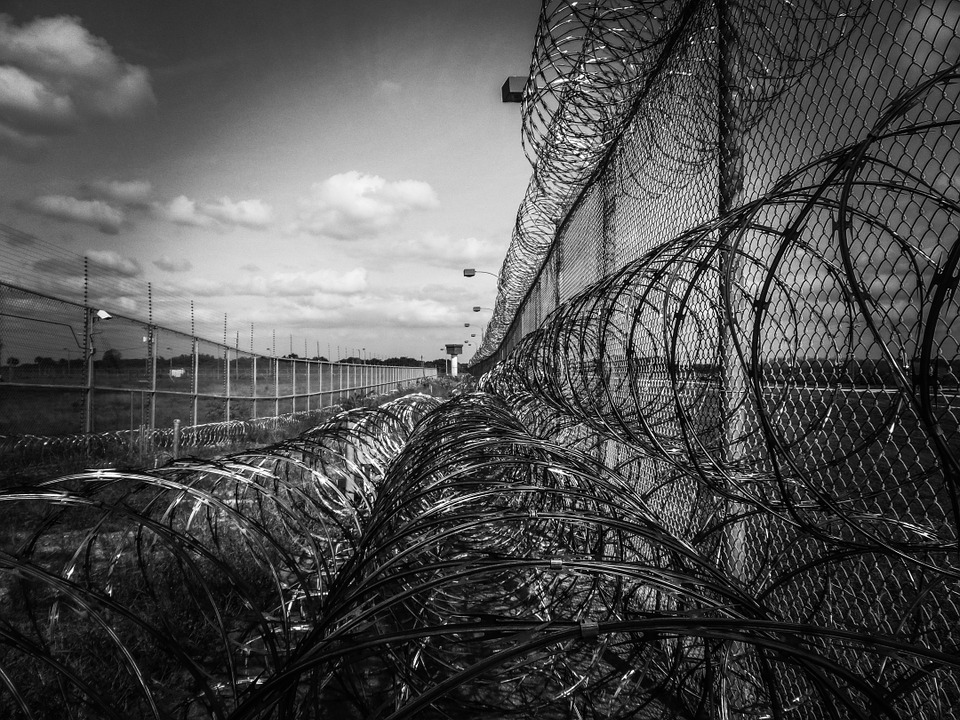In Response to Criticism, the CBSA Launched a Federal Tender for their Alternative to Detention (ATD) Program
According to a federal tender posted by the Canadian Border Services Agency in May, the CBSA is asking for alternatives to custody when tracking detainees. The tender noted there are approximately 600 non-Canadians being held in custody and are creating an Alternative to Detention (ATD) program. However, a University of Toronto study indicated more than 7,300 migrants detained by CBSA in 2013 and there is not much indication this number has gone down.
Some of the alternatives suggested for the ATD include “a community supervision program supported with electronic supervision tools,” especially when managing detainees being held under the Immigration and Refugee Protection Act. Though they did not provide details on how they would supervise detainees electronically, it is likely they are referring to ankle monitors for GPS tracking, commonly used in the justice system.
As one of the only law enforcement agencies in Canada that does not undergo an external oversight by an independent body, the CBSA has received criticism for its detention practices. Many migrants are imprisoned in provincial facilities across the country, and there is no limit on how long migrants can be detained. Some face lengthy prison stays without a criminal charge.
Spokeswoman Wendy Atkin noted that CBSA officers are required to consider “all reasonable alternatives before detaining someone for immigration purposes.” Despite this, a large number of migrants remain in custody and approximately 15 migrants have died under custody of the CBSA since 2000. In accordance with the Immigration and Refugee Protection Act, CBSA can detain migrants when they pose a threat to the public, when the individual cannot prove their identity to the satisfaction of an officer of the CBSA, when they pose a danger to the public, or when it is believed the individual will not appear to their immigration hearings or proceedings. These arrests are allowed to occur without a warrant; and individuals may be held in one of the three federal holding centres or housed in a provincial detention facility with convicted criminals.
Despite progress being made, a 2013 study conducted by McGill psychologist Janet Cleveland has found immigration detainees suffer various mental health conditions after spending time in detention, including post-traumatic stress disorder, anxiety, and depression. Some argue monitoring detainees electronically would only be an extension of Canada’s detention regime. As one of the only developed country in the world that detains migrants in prisons and has no limits on how long a migrant can be detained, some argue the cost of detaining migrants to maintain control over the detainee while a case is pending comes at too high a cost, both to the detainee as well as to Canadian taxpayers—especially when these detainees do not pose a threat to security.
If you are unsure what your rights are, or need additional support in navigating the Canadian immigration and refugee system, contact an immigration lawyer in Canada. For those coming to Canada, whether they are migrants or refugees seeking asylum, Canadian immigration lawyers in the country do their best to support and advocate on behalf of their needs.
Share this article
Arghavan Gerami
Arghavan Gerami is the Founder and Senior Counsel at Gerami Law Professional Corporation ('PC'), a full-service immigration law firm in Ottawa, Ontario. Since 2011, Ms. Gerami has focused her practice on immigration and refugee litigation. Prior to that, Ms. Gerami worked at the Ministry of Attorney General and the Department of Justice and had the privilege of serving the Honourable Mr. Justice M. Evans at the Federal Court of Appeal on immigration and administrative law appeals. Ms. Gerami contributes to the Immigration Law Section of the Canadian Bar Association, the Canadian Association of Refugee Lawyers, and the United Nations High Commissioner for Refugees. Ms. Gerami has also published numerous journal articles and presented at various immigration and refugee law conferences and events across Canada.

